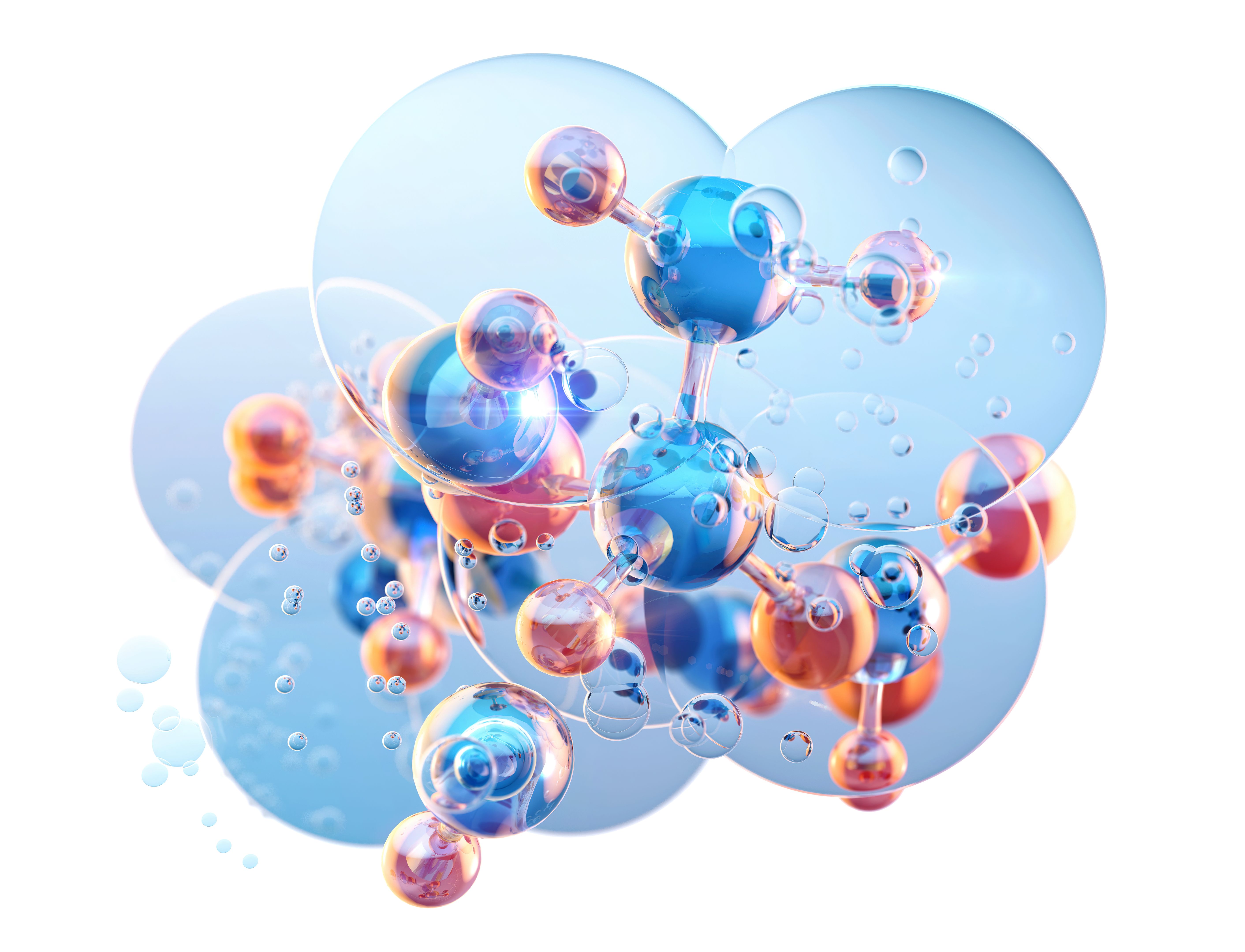Exploring the Benefits of Peptide Therapy
Understanding Peptide Therapy
Peptide therapy is an emerging field in the medical and wellness industries, offering promising benefits for various health conditions. Peptides are short chains of amino acids that serve as building blocks for proteins. By mimicking the body's naturally occurring peptides, peptide therapy aims to enhance specific physiological functions and promote overall well-being.
These therapies are designed to address a multitude of issues, from anti-aging to enhancing athletic performance. As more research unfolds, the potential applications of peptide therapy continue to expand, making it an exciting area of exploration for both patients and healthcare providers.

How Peptide Therapy Works
Peptides function as signaling molecules within the body, instructing cells on how to function effectively. By introducing specific peptides through therapy, it is possible to target certain physiological processes. For example, some peptides can stimulate collagen production, leading to improved skin elasticity and reduced signs of aging.
The administration of peptides can vary, including oral supplements, topical creams, or injections. The method chosen often depends on the peptide's intended effect and the individual's health goals. The versatility in delivery methods makes peptide therapy accessible for different needs and preferences.
Benefits for Aging
Aging is a natural process, but peptide therapy offers a way to combat some of its more challenging effects. Peptides can help boost hormone levels, improve skin texture, and enhance overall vitality. This makes them a popular choice among those looking to maintain a youthful appearance and energy levels.

Enhancing Athletic Performance
For athletes or fitness enthusiasts, peptide therapy offers significant advantages. Certain peptides can enhance muscle growth, improve recovery times, and increase endurance. This allows athletes to train harder and recover more effectively, leading to improved performance over time.
- Increased muscle mass
- Faster recovery from injuries
- Enhanced stamina and endurance
Potential Applications in Medicine
Beyond aesthetics and athletics, peptide therapy shows promise in medical applications as well. Researchers are exploring its potential in treating conditions like chronic pain, autoimmune diseases, and even mental health disorders. As research progresses, the therapeutic possibilities of peptides could revolutionize various aspects of healthcare.

One notable area of interest is metabolic health. Peptides have been studied for their ability to regulate insulin levels, support weight loss efforts, and improve metabolic function. This could present new avenues for managing diabetes and obesity-related conditions.
Considerations and Precautions
While peptide therapy offers numerous benefits, it is essential to approach it with caution. As with any medical treatment, consulting with a healthcare professional is crucial to ensure it is appropriate for your specific needs. Proper dosing and administration are vital to maximize benefits while minimizing potential side effects.
It's also important to source peptides from reputable providers to ensure quality and safety. As the popularity of peptide therapy grows, so does the availability of products on the market. Ensuring that you receive legitimate and effective treatments is critical for achieving the desired outcomes.
The Future of Peptide Therapy
The future of peptide therapy looks promising as ongoing research continues to uncover its full potential. With advancements in science and technology, peptides could play a pivotal role in personalized medicine, offering targeted treatments for various conditions.
As we continue to explore the benefits and applications of peptide therapy, it becomes increasingly clear that this innovative approach holds significant potential for improving health and well-being across diverse populations.

